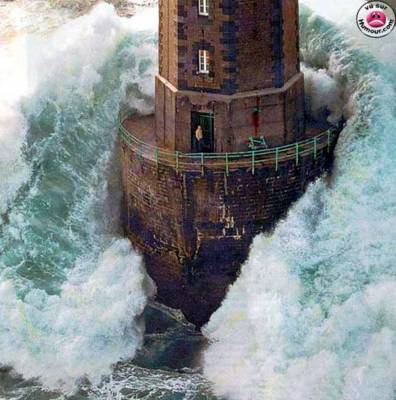Small boats, danger to fish and fisher community, warns FAO
Relief organisations working to help fishermen in Sri Lanka, must be careful not to supply too many small canoes that could put further pressure on fish resources and even endanger the safety of fishermen, the United Nations Food and Agriculture Organisation (FAO) has warned.
An over-supply of modern fibreglass versions of the traditional "oru" one-man canoes will further deplete near-shore fish stocks, storing up more poverty for coastal communities in the future.
In addition, some of the canoes delivered or planned for fishermen by relief agencies do not meet international safety standards, FAO said,
"Relief agencies are right in concentrating on the livelihoods of the poor fishermen but this has to be done in a responsible fashion" said Pierre Gence, FAO Representative in Sri Lanka, "It is not just about supplying boats, but supplying the right kind of boats and also supporting the rehabilitation of the fishing process right up to the marketing of products."
As of March 7, relief agencies declared to have planned or delivered 10,423 of these canoes. This is more than the 6,886 canoes destroyed by the tsunami on December 26 according to Sri Lanka government estimates.
FAO, the Sri Lanka government and major partners are concerned about over-fishing in inner-coastal waters where many of the small-scale subsistence fishermen who use these canoes operate.
In a bid to persuade NGOs to opt for the supply of other craft in projects to help fishing communities, FAO reiterated its appeal to NGOs involved in boat replacements to co-ordinate their activities with FAO and local government fisheries' departments rather than rely solely on advice given by boat yards.
"If you have too many boats in these waters, the income of those who are now earning marginal incomes will suffer more as their earnings will be less" said Sri Lankan fisheries biologist, Lesley Joseph. "Increased competition from an oversupply of canoes means that things could get even worse and could even cause conflict in fishing communities" he said. One of the reasons why relief agencies have opted to buy these small craft is because they are operated by small fishermen and quicker and cheaper to produce than larger boats. There are around 30 boatyards in Sri Lanka capable of expanding capacity to meet the new demand in these canoes.
"Most of the smaller craft being given to fishermen do not even contain the necessary polystyrene fills in the buoyancy compartments that stop a boat from sinking if water enters whilst at sea" said FAO Naval Architect Oyvind Gulbrandsen.
(http://www.dailymirror.lk/2005/03/12/news/8.asp)





